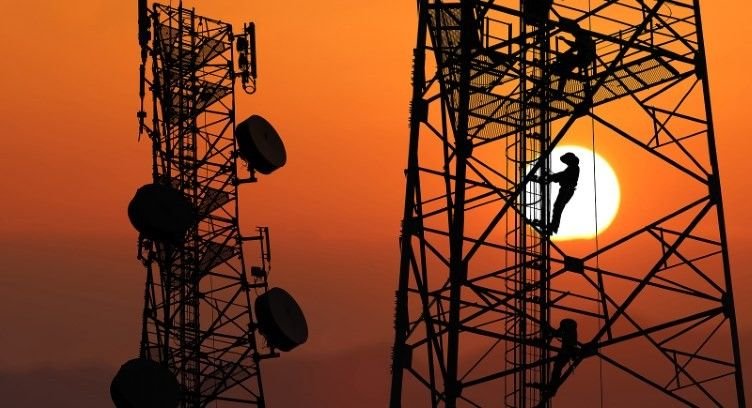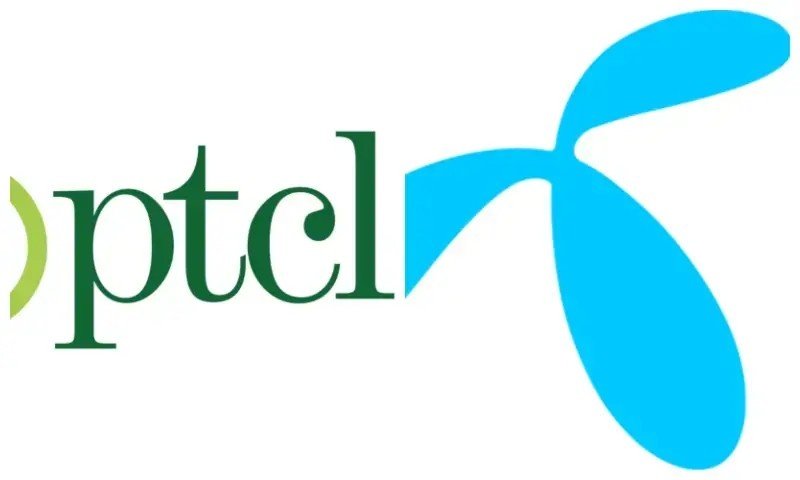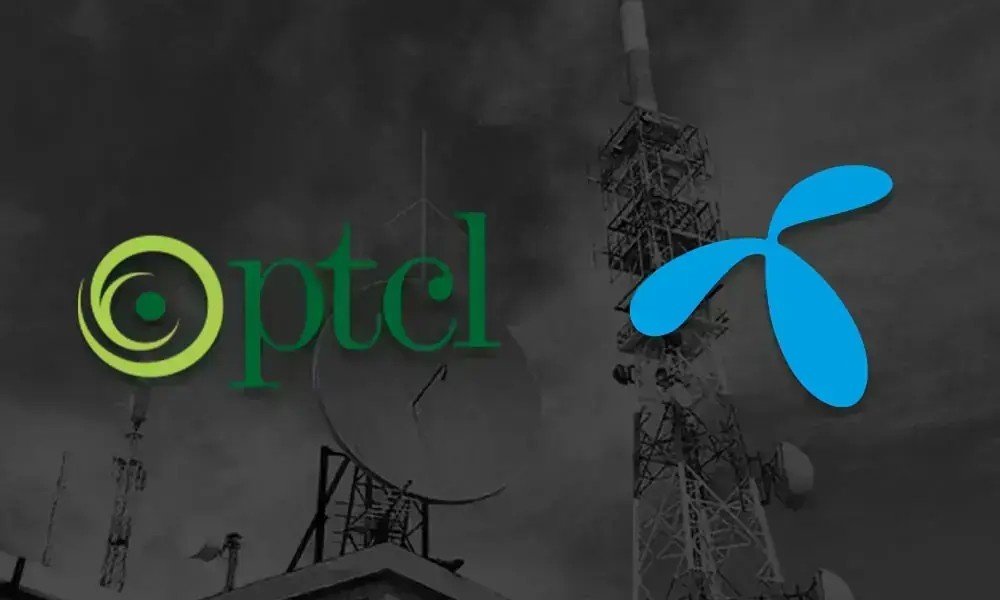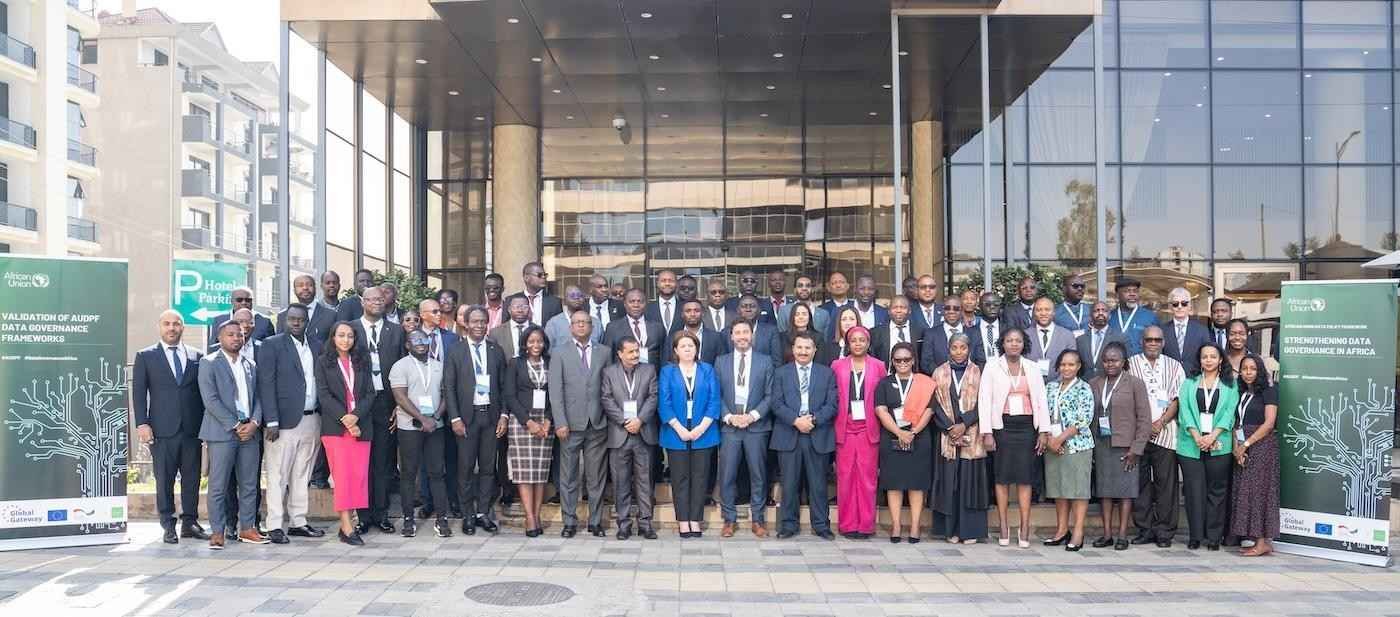The GSMA hosted the second edition of its Digital Nation Summit in Islamabad, recognising Pakistan’s Ministry of Information Technology and Telecommunication (MoITT), Pakistan Telecommunication Authority (PTA), and mobile network operators for advancing the country’s digital landscape. During the summit, GSMA published a new report, Unlocking Pakistan’s Digital Potential: Reform, Trust and Opportunity, outlining policy opportunities to close Pakistan’s significant mobile internet usage gap and position it as a regional digital leader.
Julian Gorman, GSMA Head of Asia Pacific, highlighted that despite 81% mobile broadband coverage and 68% smartphone ownership, only 29% of Pakistanis used mobile internet last year, leaving a 52% usage gap—the highest among major Asia Pacific markets. Key findings include low IMT spectrum allocation, delayed 5G multiband auctions, high spectrum pricing, heavy sector-specific taxes reaching 33%, and barriers of affordability, literacy, and trust.
The report recommends comprehensive spectrum reform with sustainable pricing, releasing mid-band frequencies, enabling spectrum sharing, and publishing multi-year roadmaps. It calls for rationalising mobile sector taxation, providing fiscal incentives for infrastructure and R&D, and enhancing digital trust through expanded anti-fraud initiatives and digital literacy programs targeting women and rural communities.
Further priorities include streamlining regulations to foster innovation, reviewing network continuity policies, accelerating “Always-On Network” approvals, and adopting technology-neutral rules to enable 5G, IoT, and future services.
Federal Minister Shaza Fatima Khawaja reaffirmed Pakistan’s commitment to a resilient, inclusive digital ecosystem aligned with the government’s vision, citing progress in broadband adoption, digital infrastructure, and technology parks. Julian Gorman emphasized that reforms are essential to unlock Pakistan’s potential as a digital powerhouse amid Asia Pacific’s rapid technological advancement.















